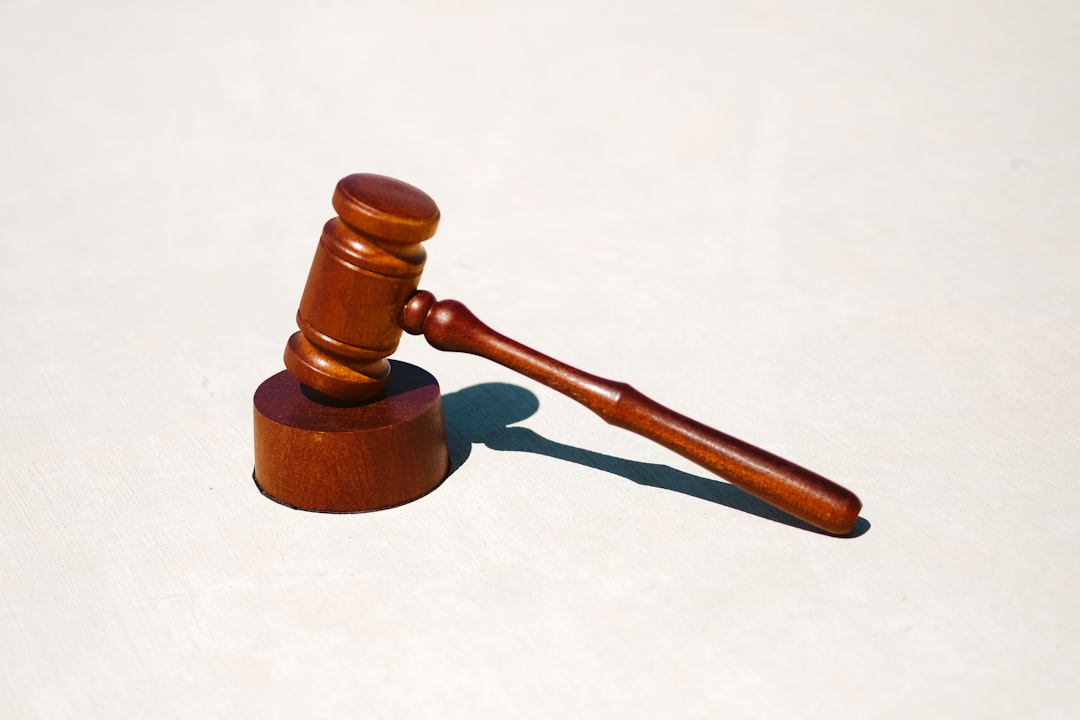Philadelphians seek legal protection from robocalls through Do Not Call law firms, as automated telemarketing and fraudulent calls disrupt peace of mind. Despite state and federal laws, modern robocalls using mass calling techniques bypass protections. Innovative tech solutions, powered by AI, are revolutionizing caller ID systems to identify and block automated calls, while Do Not Call law firms use advanced filtering tools for enhanced protection.
In the era of relentless robocalls, Philadelphia residents are seeking solutions to reclaim their peace of mind. This article explores the pervasive issue of automated telemarketing calls, commonly known as robocalls, and their impact on the city’s inhabitants. We delve into existing Do Not Call laws in Pennsylvania, analyzing their effectiveness, and uncover innovative technology-driven approaches that promise a safer calling environment. By examining these strategies, we aim to equip Philadelphia residents and local law firms with tools to combat this modern nuisance.
Understanding Robocalls and Their Impact on Philadelphia Residents

Robocalls, or automated phone calls, have become a ubiquitous yet unwanted nuisance for many Philadelphia residents. These calls often promote products, services, or political campaigns and are characterized by their repetitive and impersonal nature. While some robocalls offer valuable information, such as updates from local government agencies, the majority fall into the category of telemarketing or fraudulent activities.
The impact of these unwanted calls is significant. Philadelphia residents frequently report feeling disturbed and annoyed by frequent robocalls, leading to increased stress and a potential strain on mental health. Moreover, many residents have expressed concern about privacy issues, as personal information can be collected and used for targeted marketing without explicit consent. The prevalence of robocalls has prompted many citizens to take matters into their own hands, with a growing interest in Do Not Call law firms Philadelphia, aiming to regain control over their communication channels.
Existing Do Not Call Laws and Their Effectiveness in Pennsylvania

In Pennsylvania, including Philadelphia, residents have legal protections against robocalls through state and federal Do Not Call laws. These regulations aim to curb unsolicited phone marketing by limiting the number of calls individuals receive from telemarketers. The Pennsylvania Do Not Call Law, established under the state’s Attorney General’s Office, allows citizens to register their phone numbers on a ‘Do Not Call’ list, significantly reducing cold calls. This law has been effective in shielding residents from unwanted marketing calls, especially when combined with federal regulations like the Telemarketing and Consumer Fraud Prevention Act.
Despite these measures, robocalls persist as technology advances, enabling new methods of automated calling. While Do Not Call laws have successfully reduced the volume of traditional telemarketing calls, modern robocalls often bypass these protections by using automated dialers that make calls en masse, making it challenging to trace their origin. As such, Philadelphia residents, like many across the nation, still face a significant robocall problem, prompting further exploration of technological solutions to enhance privacy and protect against these relentless automated calls.
Innovative Technology Solutions for a Safer Calling Environment

In the battle against robocalls, innovative technology solutions are transforming the calling environment in Philadelphia and beyond. One effective approach involves advanced caller ID systems that can identify and block automated calls from known robocall sources. These systems utilize machine learning algorithms to analyze patterns and characteristics of robocalls, allowing for more accurate detection and prevention.
Additionally, Do Not Call law firms in Philadelphia are leveraging sophisticated filtering tools and artificial intelligence to enhance call protection. By implementing dynamic blocking lists and real-time analysis of caller behavior, these technologies can automatically flag and filter out unwanted calls. This not only safeguards residents from intrusive robocalls but also promotes a safer and more reliable communication environment for all Philadelphians.






